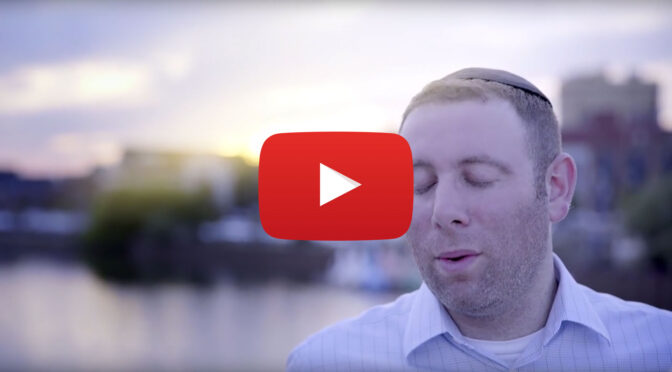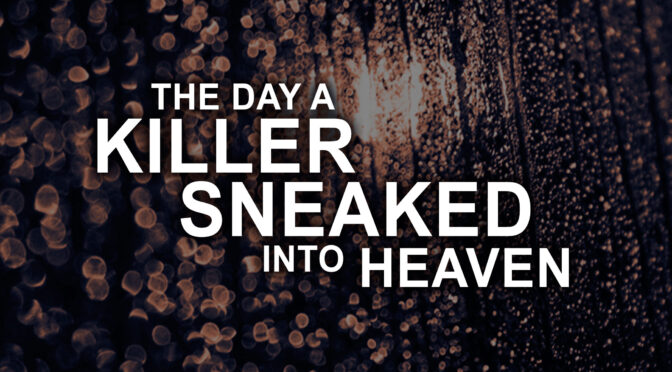Water baptism in the name of Jesus clothes a repentant candidate with Christ:
“…for all of you who were baptized into Christ have clothed yourselves with Christ” (Galatians 3:27 NIV).
Biblically, the proper formula for Christian water baptism is to baptize in the name of the one who was crucified for us (I Corinthians 1:11-13)—that is in Jesus name, since Jesus is the one who was crucified for us. Biblically, we’re to be baptized in the name of the Son (Matthew 28:19), and the Son’s name is Jesus (Matthew 1:21). Biblically, we’re to be baptized while calling upon Jesus name (See Acts 2:38, Acts 8:16, Acts 10:48, Acts 19:5, and Acts 22:16). Biblically, being baptized in Jesus name is the proper way to obey Matthew 28:19. Speaking of Matthew 28:19, some people are confused regarding what the name of the Father is, and what the name of the Holy Ghost is. But the scriptures give guidance:
What is the name of the Father? Since Jesus came in His Father’s name (John 5:43), and since the Father and Son (Jesus) are one (John 10:30), and since it was prophesied that the Lord’s name is to be one (Zechariah 14:9), and since the Son’s name is Jesus (Matthew 1:21), and since God the Father is glorified when we worship Jesus by bowing to Him and confessing Jesus Christ as Lord (Philippians 2:11), then we should recognize that by calling upon the name of Jesus we have access to God the Father, and that, for those of us alive in the New Covenant, Jesus is the person and name by which God the Father desires to be addressed and accessed.
What is the name of the Holy Ghost? The terms Spirit and Ghost are synonymous. The Bible says, “God is a Spirit” (John 4:24). There is every reason to hold that all the prior points, about the name of the Father, should apply. But there is more. Since there is only one Spirit (Ephesians 4:4), and since there is only one Lord (Ephesians 4:5), and since Jesus is the Lord (Philippians 2:11), and since the Word of the Lord says, “the Lord is that Spirit” (II Corinthians 3:17), and since, while He was describing the Holy Spirit’s arrival to dwell within believers, Jesus Christ said, “I will not leave you comfortless, I will come unto you” (John 14:18), then we should recognize that the Holy Spirit is “Christ in you, the hope of glory” (Colossians 1:27), and that Christ’s redemptive name for all New Covenant believers is Jesus.
Does this surprise? It should not. As believers who have the one Spirit dwelling in us, as long as we abide in the doctrine of Christ, we have both the Father and the Son (II John 1:9). The man Christ Jesus said Himself that the Holy Spirit would be sent in His name (John 14:26). His name is Jesus. The Spirit is sent in Jesus name. No name other than Jesus could possibly be rightly attributed to the Holy Spirit within New Covenant believers. Thus, the Bible says of Jesus name, “Neither is there salvation in any other: for there is none other name under heaven given among men, whereby we must be saved” (Acts 4:12).
“Therefore let all Israel be assured of this: God has made this Jesus, whom you crucified, both Lord and Christ.” {37} When the people heard this, they were cut to the heart and said to Peter and the other apostles, “Brothers, what shall we do?” {38} Peter replied, “Repent and be baptized, every one of you, in the name of Jesus Christ for the forgiveness of your sins. And you will receive the gift of the Holy Spirit. {39} The promise is for you and your children and for all who are far off–for all whom the Lord our God will call” (Acts 2:36-39 NIV).
In the Bible, everyone who was baptized by any of the Lord’s apostles or disciples was baptized in Jesus name (see the Book of Acts and study the epistles).
Have you been baptized in Jesus name? If so, you are clothed with Christ. If not, you need to be baptized in Jesus name as soon as possible!
All United Pentecostal Churches baptize in Jesus name!
To find a UPCI near you, visit www.upci.org
Copyright information: Permission is granted to UPCI churches and/or Jesus-name people for use of this article, provided that credit is given and it is not edited without permission. All other rights reserved. This article previously appeared here.


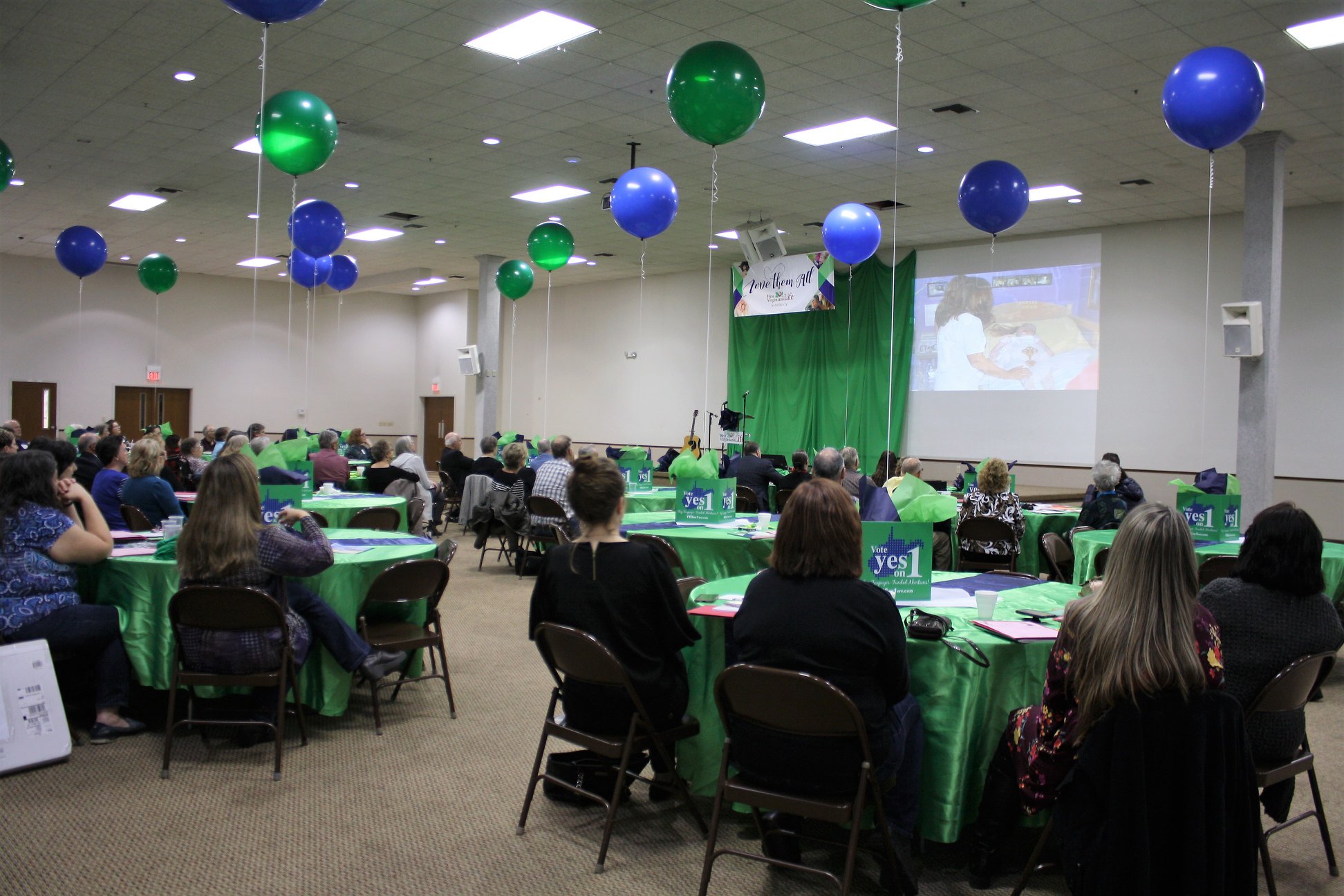
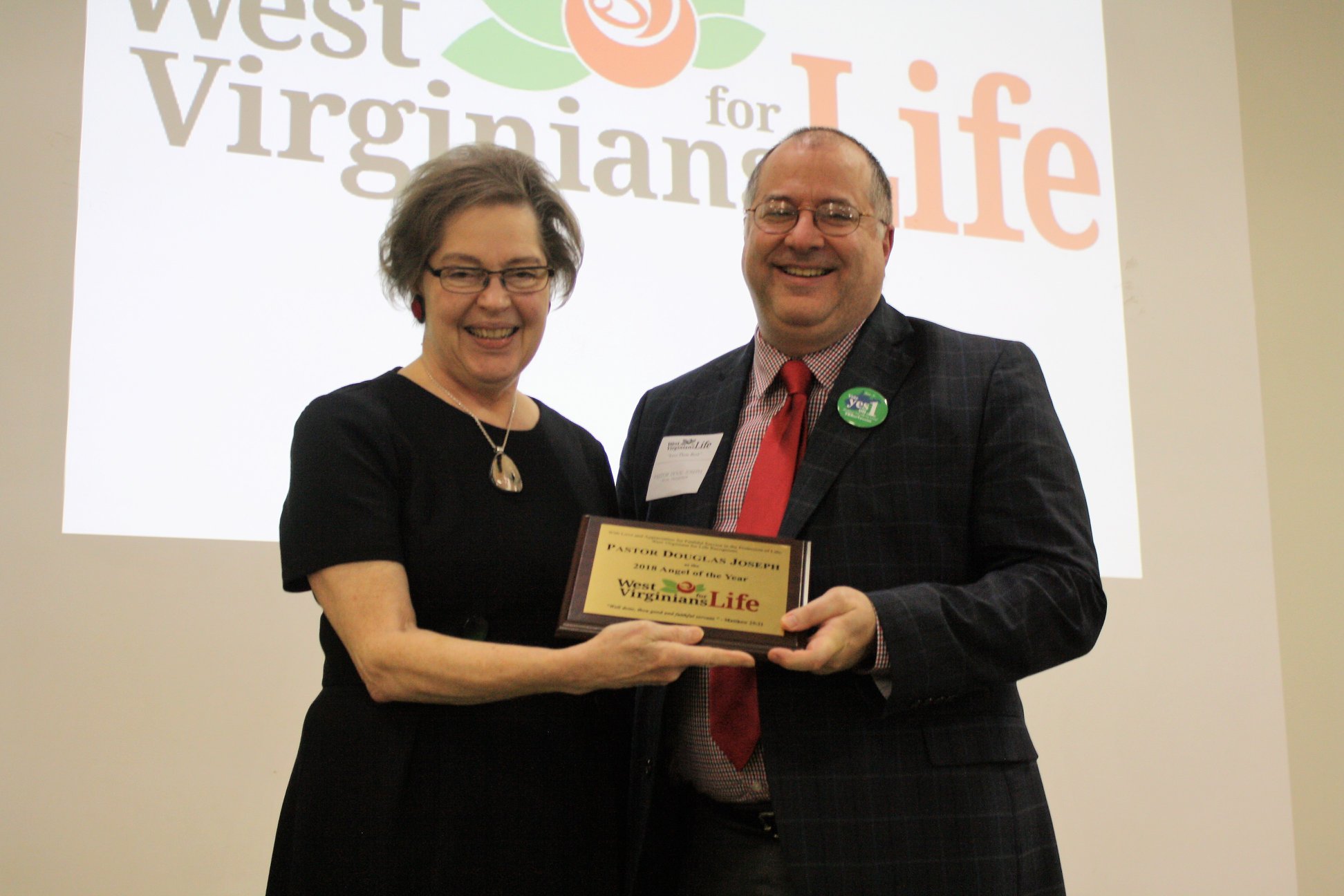

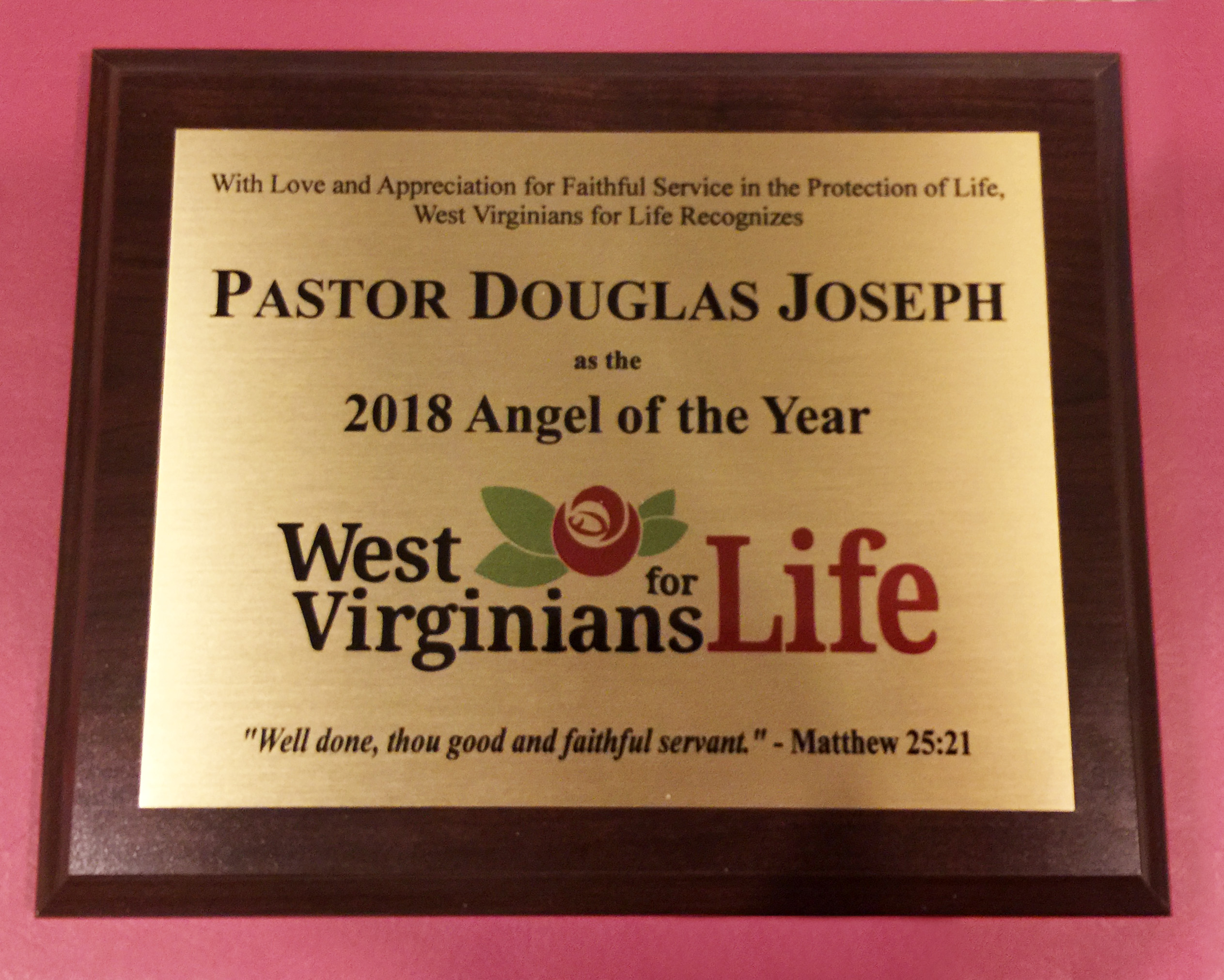

 Flower petals fluttered in the breeze on a brisk day in May. The time since has not dulled the memory of those moments. Taps rang out from a bugle in the hand of a tall Marine on a nearby hill. The melancholy notes uttered volumes as we laid to rest the body of Jack Wayne Murphy, my friend and brother in the Lord. An aged veteran recited dear words that added to the message of the bugler. A twenty-one gun salute wrote a holy ellipsis at the end of the book of a precious life.
Flower petals fluttered in the breeze on a brisk day in May. The time since has not dulled the memory of those moments. Taps rang out from a bugle in the hand of a tall Marine on a nearby hill. The melancholy notes uttered volumes as we laid to rest the body of Jack Wayne Murphy, my friend and brother in the Lord. An aged veteran recited dear words that added to the message of the bugler. A twenty-one gun salute wrote a holy ellipsis at the end of the book of a precious life.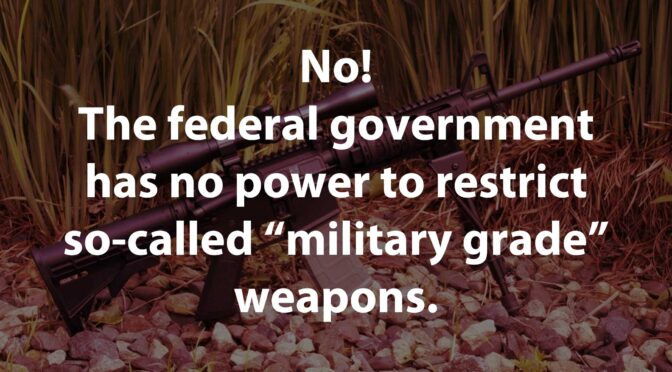
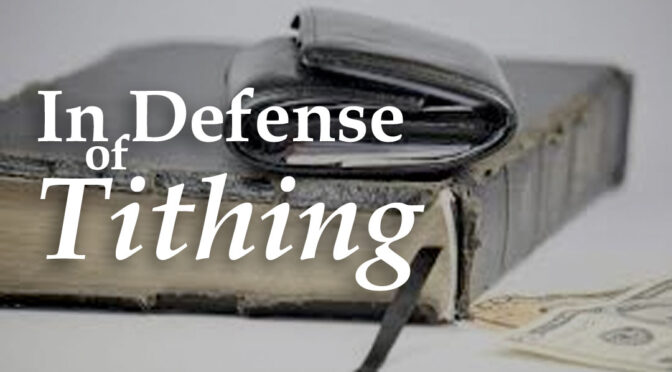

![Five [somethings] that cause [something]!](https://dougjoseph.net/files/Five-somethings-that-cause-something-1-672x372.jpg)

